
Deanna Olney
Director, Nutrition, Diets, and Health (NDH), Nutrition,
Diets, and Health

Back
With research staff from more than 60 countries, and offices across the globe, IFPRI provides research-based policy solutions to sustainably reduce poverty and end hunger and malnutrition in developing countries.

researcher spotlight
Carlo Azzarri is a Senior Research Fellow in the Innovation Policy and Scaling Unit. His work focuses on the relationships among poverty, nutrition, food security, agriculture, the environment, production, and migration—analyzed at both micro and macroeconomic levels, primarily using quantitative methods.

Back
Since 1975, IFPRI’s research has been informing policies and development programs to improve food security, nutrition, and livelihoods around the world.

Back
IFPRI currently has more than 600 employees working in over 80 countries with a wide range of local, national, and international partners.
Economic, climate, and health shocks as well as conflict can be devastating for poor and vulnerable people who have limited resources and options. These shocks include food price hikes and financial crises, environmental and natural disasters, armed and political conflicts, and disease outbreaks. They can intensify the risk of food and nutrition insecurity, drive people into poverty or prevent them from moving out of poverty, and spur migration. Building resilience means helping individuals, households, communities, and countries prepare for, mitigate, cope with, and recover from shocks—so that they can not only bounce back but even become better off.
IFPRI’s resilience research examines the impact of different shocks and explores possible interventions to enhance human capital, policies for responding to and recovering from crises, and ways to create resilient food systems, economies, and societies. This includes extensive work on climate change, food prices, migration, and crises, including COVID-19 and the food, fuel, and fertilizer price increases associated with the Russia-Ukraine war. Research on women’s empowerment and gender equity also contributes to understanding resilience.
IFPRI’s research on this topic is closely aligned with the Sustainable Development Goals (SDGs), including SDG1, SDG2, SDG9, and SDG11, and with the CGIAR Impact Areas on Nutrition, Health, and Food Security; Poverty Reduction, Livelihoods, and Jobs; Climate Adaptation and Mitigation; and Gender Equality, Youth, and Social Inclusion.
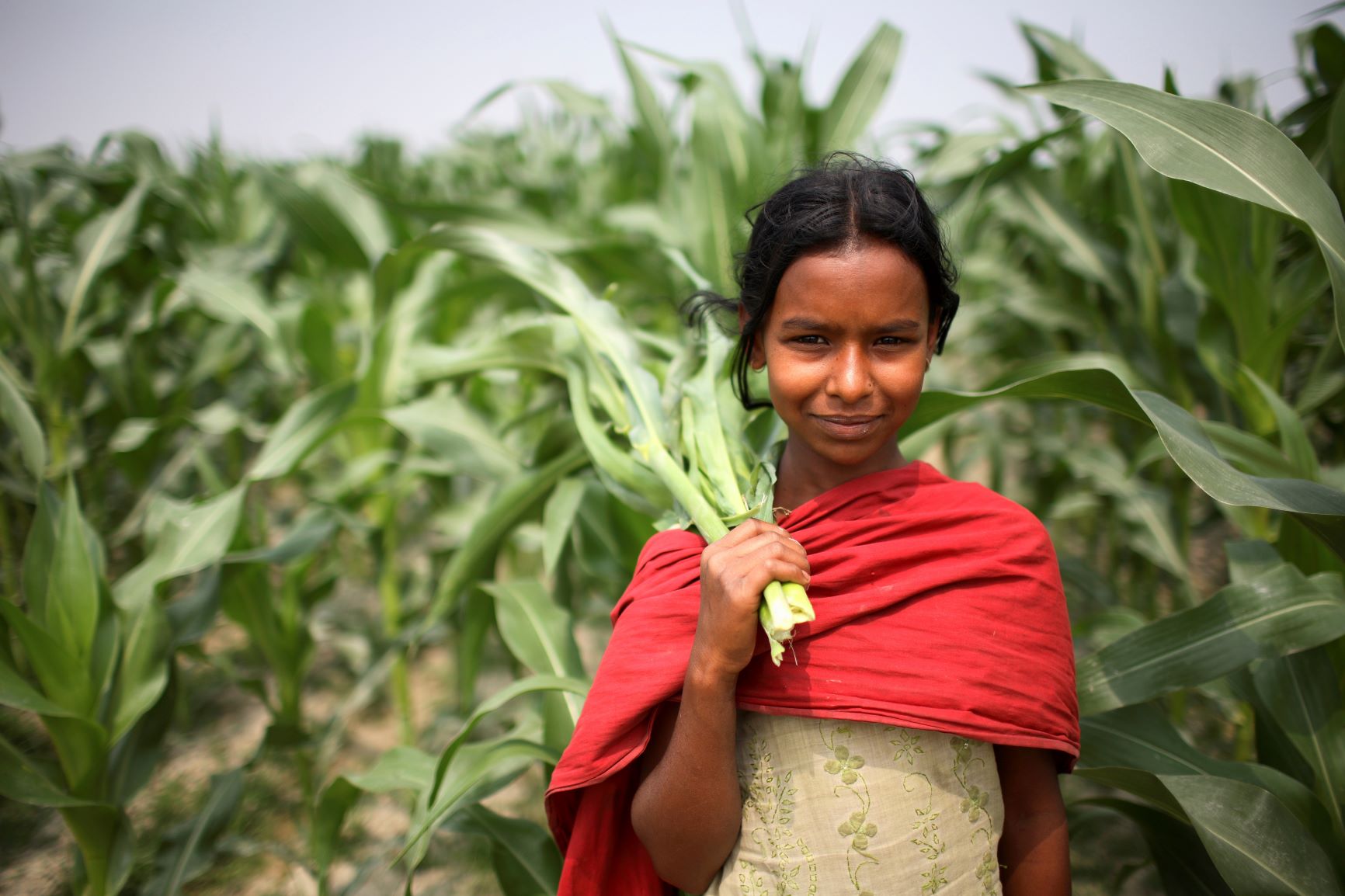
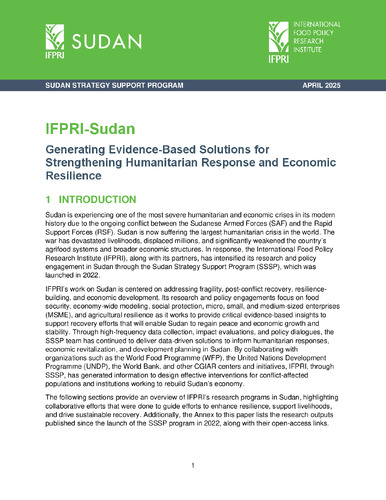
Brief

Journal Article
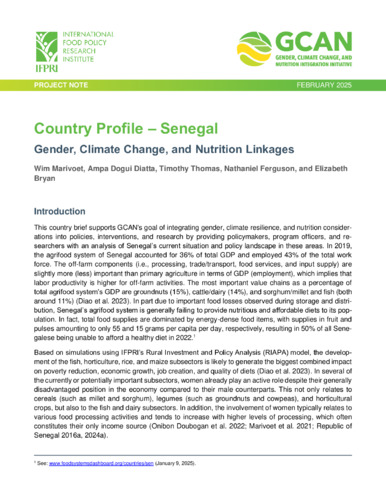
Brief
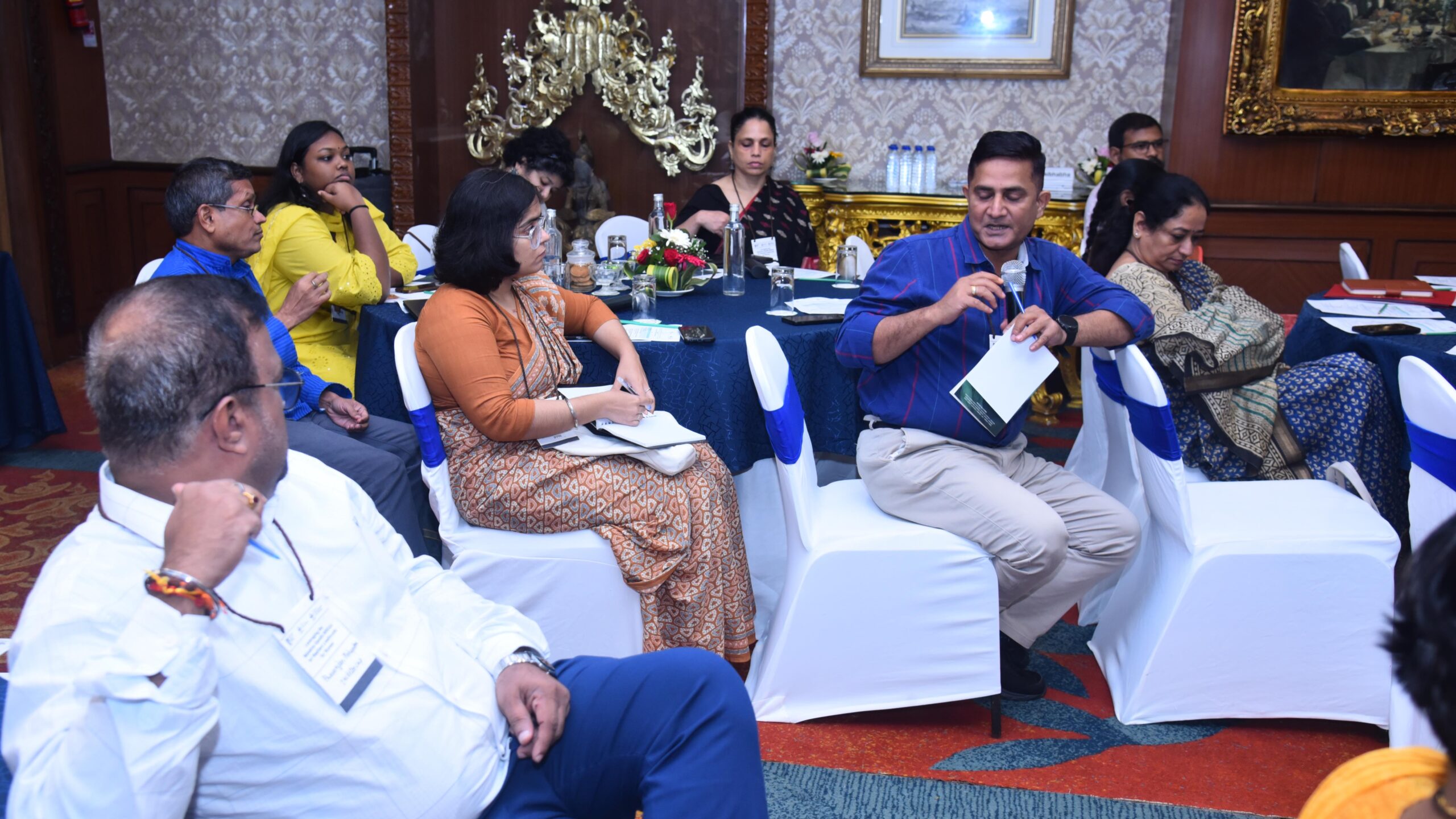
Ways to improve the Mahatma Gandhi National Rural Employment Guarantee Act (MGNREGA).
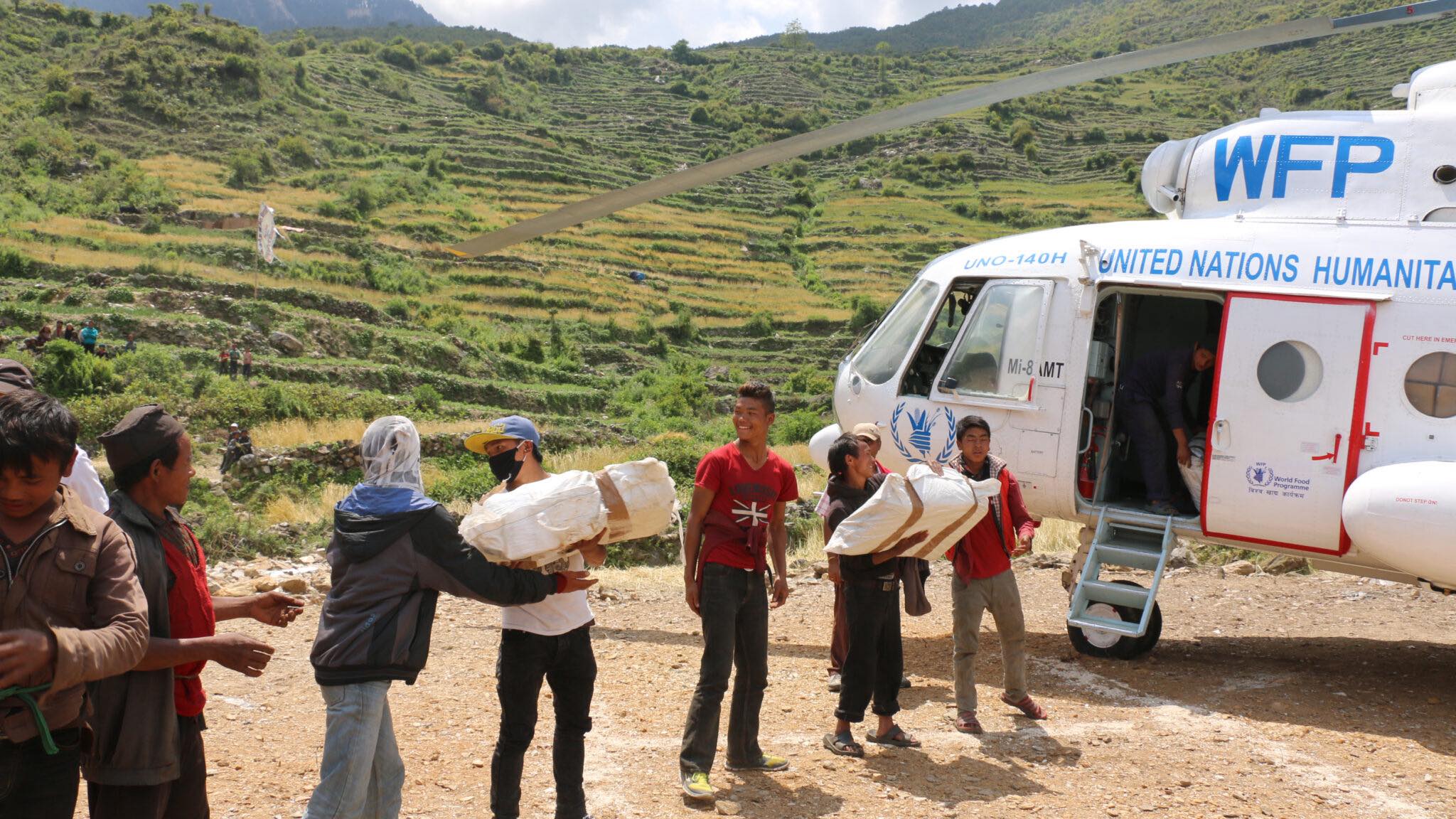
Bridging science and policy for effective humanitarian action.
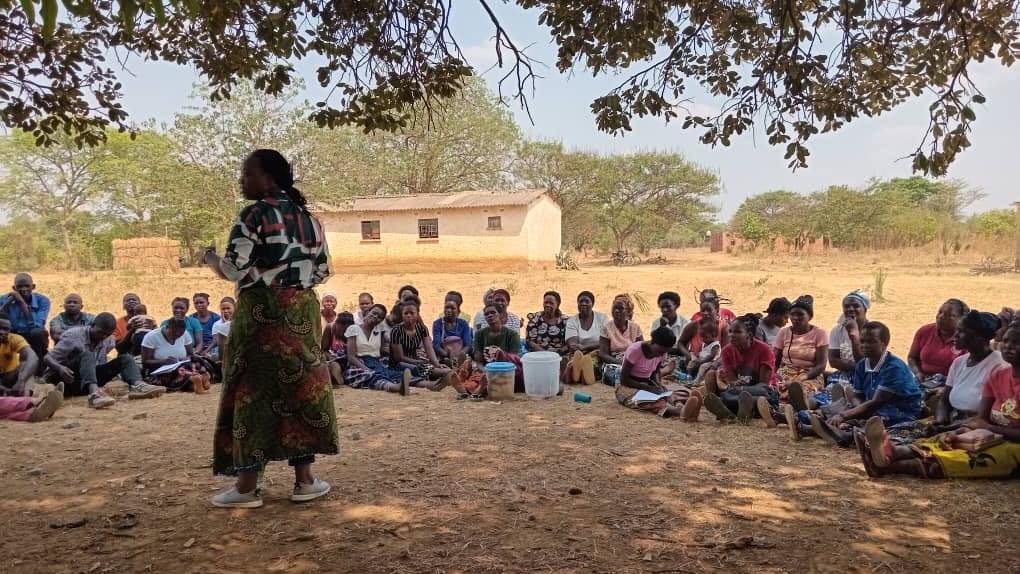
The power of bundled solutions
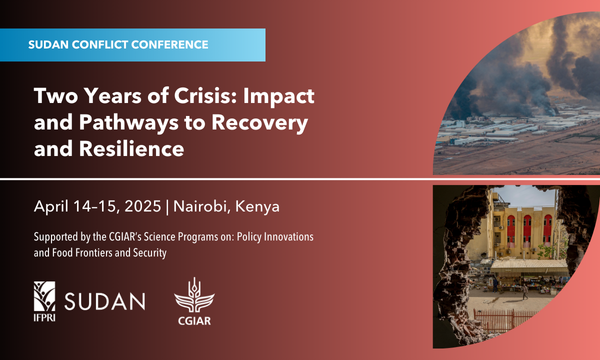
Day 2: Sudan Conflict Conference | April 15, 2025 Day 1: Sudan Conflict Conference | April 14, 2025 The Sudan conflict, now entering its third year, continues to devastate the country’s socioeconomic fabric. As of January 2025, more than 8.8 million people were internally displaced, and over 3.3 million had sought refuge in neighboring countries. […]
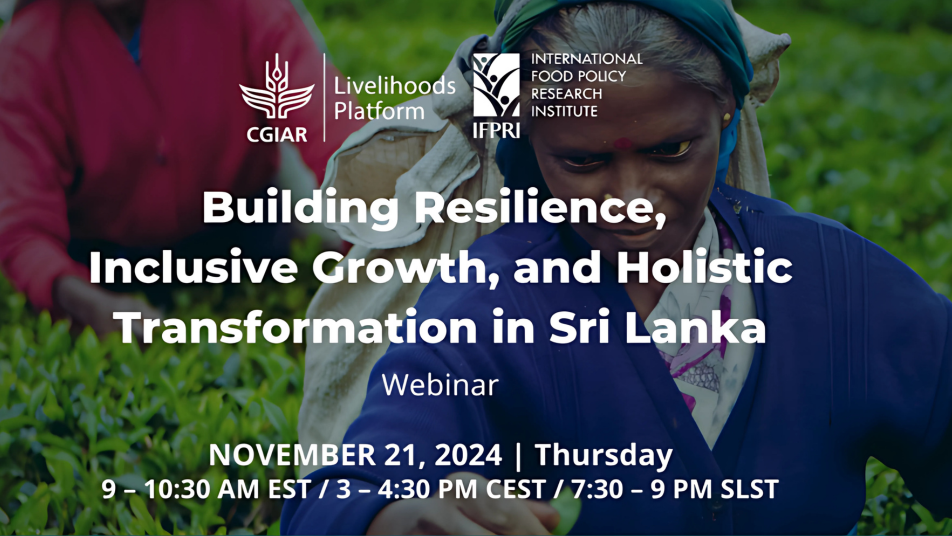
Sri Lanka has experienced slow progress in job creation, poverty reduction, and food insecurity, especially in rural areas. Economic challenges are further compounded by climate change risks and vulnerability to global shocks. At the same time, Sri Lanka has immense potential in agriculture and agro-processing, critical needs for infrastructure development, and a large scope for […]
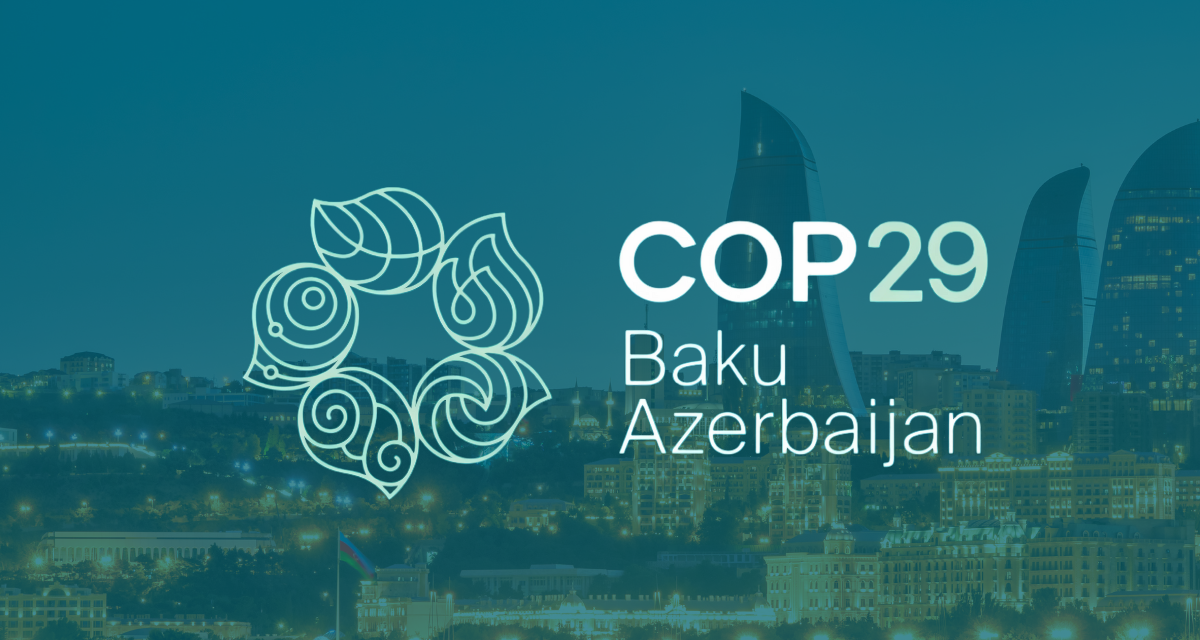
IFPRI is pleased to participate in the 29th UN Climate Change Conference of the Parties (COP29) being held in Baku, Azerbaijan from November 11 to November 22, 2024. COP29 is a pivotal opportunity to accelerate action to tackle the climate crisis. With global temperatures hitting record highs, and extreme weather events affecting people around the globe. […]
Economic revival, social protection, and infrastructure rehabilitation are critical for urban recovery in Sudan. Nairobi, 12 November 2024 – Eighteen months of war have deeply affected urban households in Sudan: 31 percent have been displaced, full-time employment has plummeted by half, over 70 percent of the urban households in Sudan had all or some of […]
New report analyzes trade performance amid pressure points from climate change, water use, and carbon emissions, with recommendations for sustainable practices.
DAKAR – The United Nations World Food Programme (WFP)’s efforts to build resilience to climate-related and human-made shocks and stressors have been shown to boost food security, while also strengthening social cohesion and improving the prospects for peace in Burkina Faso and Niger – a new study reveals. The “Sahel Social Cohesion Research in Burkina […]

Director, Nutrition, Diets, and Health (NDH), Nutrition,
Diets, and Health

Director, Natural Resources and Resilience (NRR), Natural
Resources and Resilience

Director, Innovation Policy and Scaling (IPS), Innovation
Policy and Scaling

Director, Foresight and Policy Modeling (FPM), Foresight
and Policy Modeling

Research Analyst, Innovation
Policy and Scaling

Senior Research Fellow / Program Leader, Development
Strategies and Governance

Research Fellow, Development
Strategies and Governance
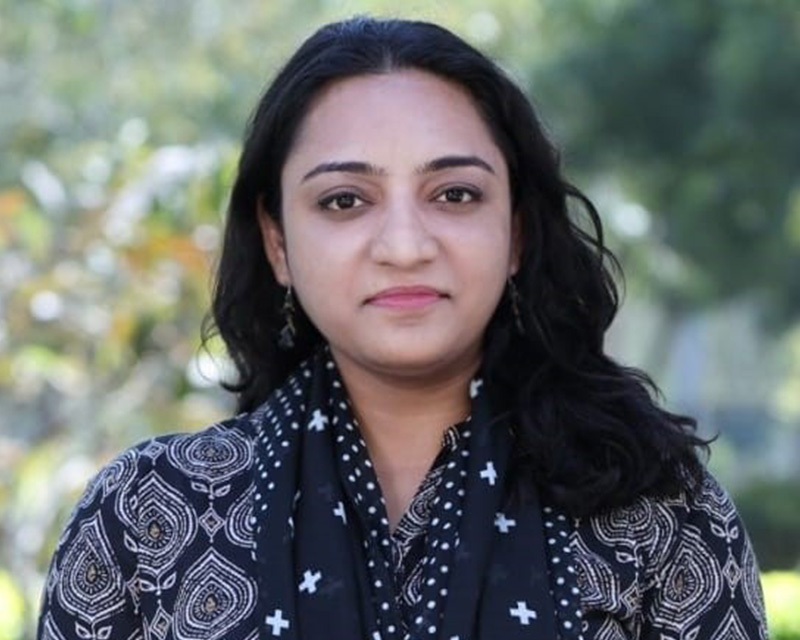
Senior Research Analyst, Natural
Resources and Resilience
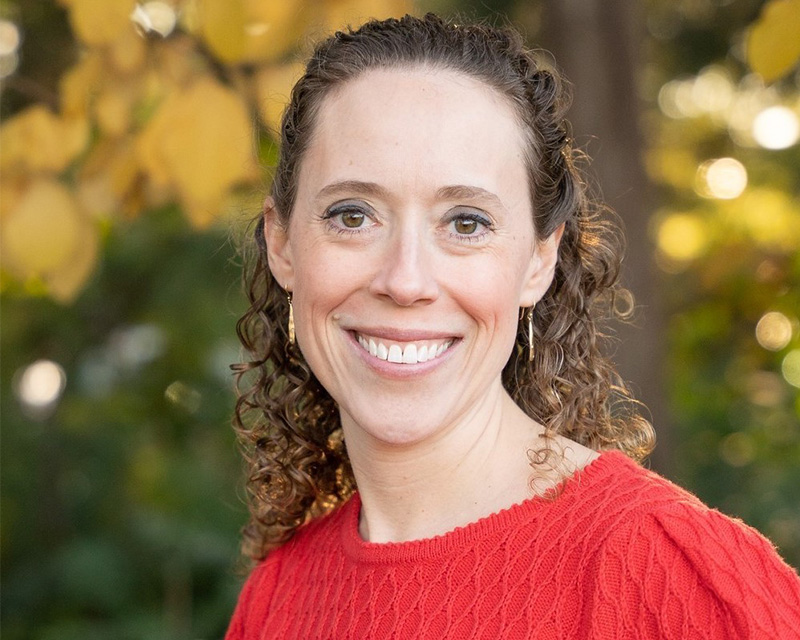
Senior Research Fellow, Poverty,
Gender, and Inclusion

Project Manager, Development
Strategies and Governance

Scaling Specialist, Innovation
Policy and Scaling

Senior Program Manager, Poverty,
Gender, and Inclusion

Nonresident Fellow, Foresight
and Policy Modeling